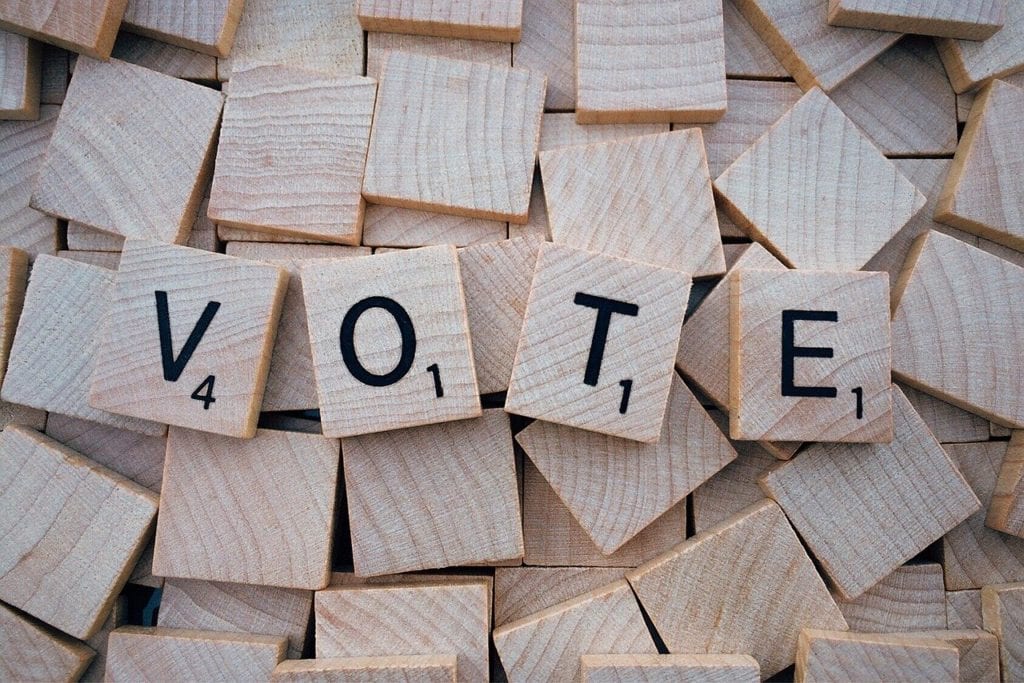A few years ago, I was participating in a voter-calling drive for a state senatorial candidate. The first person I called asked me, “Why should I vote?” Not why should he vote for my candidate, but why he should vote at all.
There were 153 million registered voters in the United States, sadly, many do not fulfill this civic duty. Voter apathy has become a serious problem in the United States. The 2016 presidential election had the lowest voter turnout in 20 years. Slightly over 55 percent of voting-age citizens cast ballots. A study done that year ranked the U.S. 26th out of 32 developed nations in voter turnout.
The 2018 mid-term elections were heralded as having “record turnouts.” As it turns out, the ballyhoo about historic mid-term voting was due to an abysmal 49.3 percent voter participation.
Low voter turnout is dangerous to a democracy. If few people vote, the outcome of the election may not reflect the will of the country as a whole and create policies that are detrimental to the economy, the environment, and the health of its citizens.
Demographically speaking, the younger one is, the less likely he or she will vote. Conversely, the older one is, the more likely he or she will vote. Accordingly, the lower the income and education, the lower the voting participation. Those voting groups with the lowest turnout have the most to lose by not voting and the most to gain by participating in the electoral process.
People who are in a cultural, political, or ideological minority often feel disenfranchised. They feel their vote does not count. The problem with this rationale is that when there is a significant number of voters who think this way, their abstention assures they will stay in the minority. Many of the 2018 mid-term elections were determined by a mere few hundred votes. I was witness to a municipal election in which one of the candidates won by ONE vote.
For instance, Richard Nixon, not John F. Kennedy, would have become President of the United States in 1960, if only one person from each voting place had voted differently.
Voter participation in local elections is sadly lower than in state and national elections. This is ironic because the local government has the greatest impact on our daily lives. Local government provides utilities such as drinking water, trash, and sewer services. Police, fire, and ambulance are also under the purview of local government, as are libraries and parks. Yet, in municipal elections, voter turnout is in the single digits.
We have witnessed nation-wide protests across this great republic, in response to what many say are systemic problems in our society. The best way to effect change is to vote. Do your research on the candidates and see which ones align with your desire for change.
Our forefathers fought a revolution to establish our Constitutional Republic. People in other countries risk their lives to vote. Voting is not just a right, it is a civic responsibility.
Quoting a good friend, Stan Johnson, “Be a citizen, not a subject.” Get out and vote!








